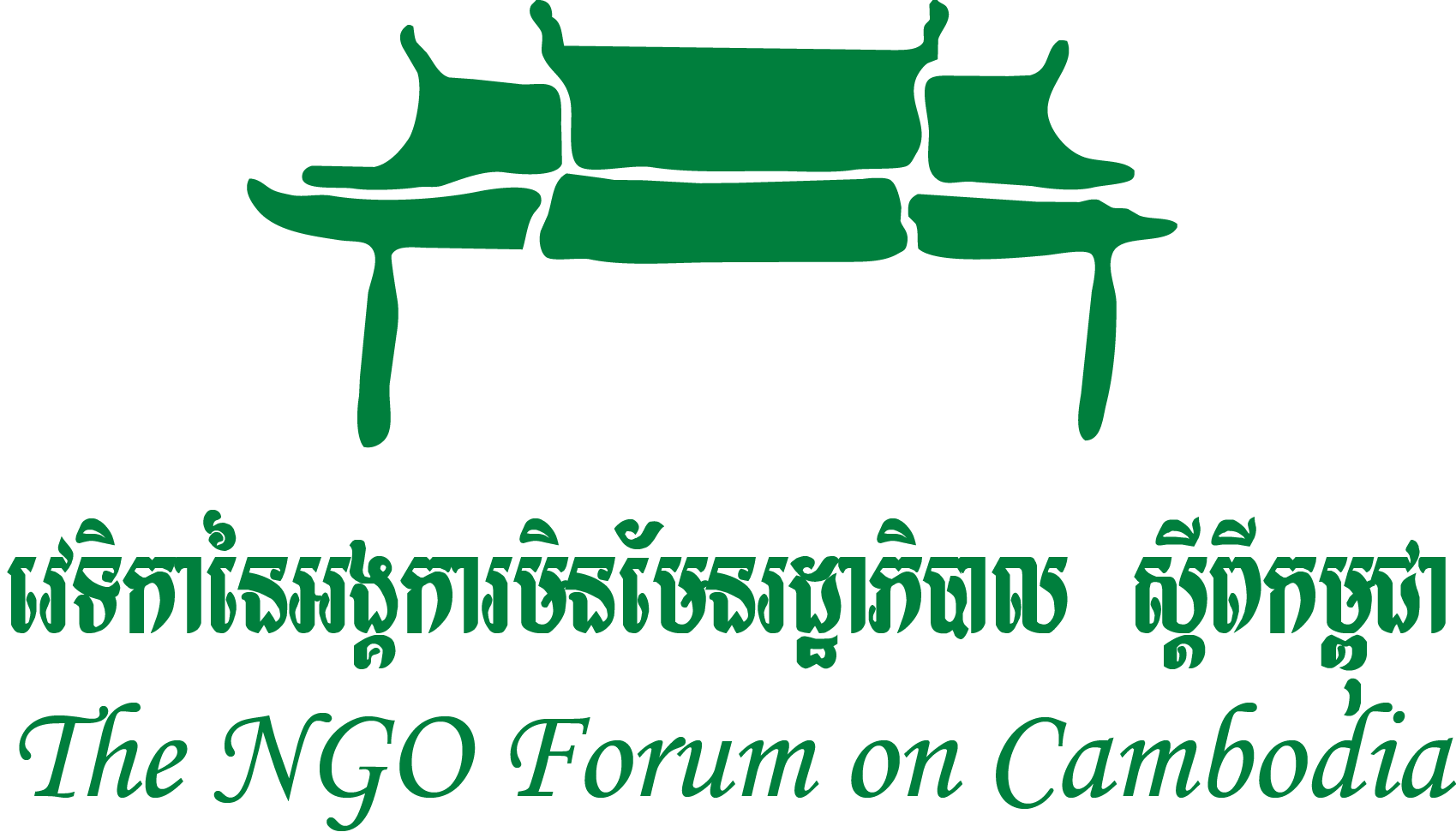<:en>

The 7th Annual Meeting of the CSO Forum on Social Forestry in ASEAN with the theme “Sustaining Collaborative and Innovative People-Centered Actions” was held on 24-25 June 2018 in Serene Hotel, Da Nang, Vietnam. It is organised by the Non-Timber Forest Products – Exchange Programme Asia and the People and Nature Reconciliation (PanNature), in partnership with the CSO Forum on Social Forestry Country and Thematic Working Groups, Centre for Sustainable Development in the Mountainous Areas (CSDM), FORLAND, the Asia Indigenous People Pact (AIPP) with support from the Swiss Development Cooperation (SDC) through the ASFCC Programme, McKnight Foundation, and additional support from MRLG, V4MF Programme of RECOFTC, and NORAD. The forum has over 80 actively engaged participants coming from 40 different institutions/organisations in 8 ASEAN countries. From Cambodia side, there are 13 people (1 female) representing 7 institutions namely: NTFP-EP, WCS, STAR Kampuchea, Danmission, the NGO Forum on Cambodia, PLCN, and CDRI.
The overall objective of the Forum was to discuss, distill, consolidate, and elevate messages and learning of CSOs, IPOs, POs, and smallholders on Social Forestry and climate change, analyse and review and assess the status of social/community forestry in the different countries, and evaluate the progress of the CSO Forum and the AWGSF vis-à-vis targets and plans, and affirmed recommendations.
The 7th CSO Forum on Social Forestry specifically was aimed to achieve the following objectives: 1. Provided a platform for knowledge sharing and exchange among CSO Forum participating organisations on: a. Status of the Community/Social Forestry at the country level – review and develop a country community forestry “report card” on milestones, targets vs. achievements, progress, gaps, and responses to challenges, and areas that needed support b. Assess the progress of the countries in linking Social Forestry into their NDC c. Thematic working group updates – consolidates status and plans on the CSO forum thematic focus 2. Increased the knowledge and skills of participating organisations on selected CSO Forum thematic priority learning areas 3. Agreed on a consensus on the future plans and role of the CSO Forum platform beyond 2018, and 4. Developed and formulated key messages and recommendations for endorsement to the AWG-SF on its 12th Annual Meeting and other relevant bodies in ASEAN
The forum was divided into 2 days. Day 1 focus on country and thematic updates, CSO Forum report card, capacity building sessions and developing the CSO Forum key statement.
Right after the registration finished, the forum starts with a warmly welcome to all CSO forum participants from CSO Forum Facilitator, follow by Opening Remarks of Dr Le Cong Luong, Deputy Secretary – General Vietnam Union of Science and Technology Associations (VUSTA) and Mr Trinh Le Nguyen, Director of Pan Nature.
Day 2 was a thematic dialogue-seminar. The morning session covered Community Economy and Livelihoods; and Governance Mechanisms while the afternoon session covered Safeguards; and Forest Tenure and Access Rights.

Recommendations
In line with ASEAN Cooperation on Forestry, Key Performance Indicators on Food Agriculture and Forestry, the Strategic Plan of Action of the AWG-SF, and the affirmed CSO Forum on Social Forestry Vision and Thematic Goals, Adopted Strategies and Mechanisms under its 4 key themes, the CSO Forum would like to emphasise the following points that deemed pertinent to support and maintain people-centered actions and contributions to NDCs and the SDGs:
For Community Economy and Livelihoods, these were categorised into 3 major areas: • ASEAN and National Policy and Programme Development which include National policy development on enabling environment for CFEs; One stop processing centre for CFEs registration and support; Sharing technical expertise on NTFPs across ASEAN; Intellectual Property Rights (IPR) support for community products; and Acceptance of alternative certification • Capacity Building and Promotions thru sustained and appropriate capacity building programme and assistance in meeting standards, value addition, regional and national marketing and branding • Connectivity and Continuity to facilitate equitable partnership between CFEs and larger enterprises; activating the ASEAN Trust Fund for CFEs, exploration of diverse national funding mechanisms
For Governance Mechanisms: • Synergies initiatives, projects, programmes and other strengthening forest governance initiatives to address issues • Improve documentation and reporting • Expand function of working groups to include monitoring, reporting, and resolving issues • Improve governance functioning from national to provincial levels • Establish regional monitoring system (trans-boundary issues, trade of forest resource, etc.) • Cross-learning across ASEAN among multi-stakeholder working groups and production of knowledge and reporting products
For Safeguards: • Establish regional, national, sub-national policy on FPIC • Develop ASEAN voluntary guidelines on FPIC informed by existing local, national experiences and lessons • Creation of a legal defense fund at the national, regional level to address human security concerns • Establish a regional grievance mechanism potentially linked with the national multi-stakeholder working groups or building upon their experience and functions
For Forest Tenure and Access Rights: • Capacity-building for local communities on engagement, communication and negotiation • Linking with other sectors such as the government, and non-state actors such as the academe, private sector on tenure and access rights theme

Finally, the CSO Forum agrees to continue to do more, discuss more, and work together in with governments and key stakeholders in keeping the productive interface to advance social forestry in order to contribute to the achievement of national climate change and sustainable development goals.<:>




